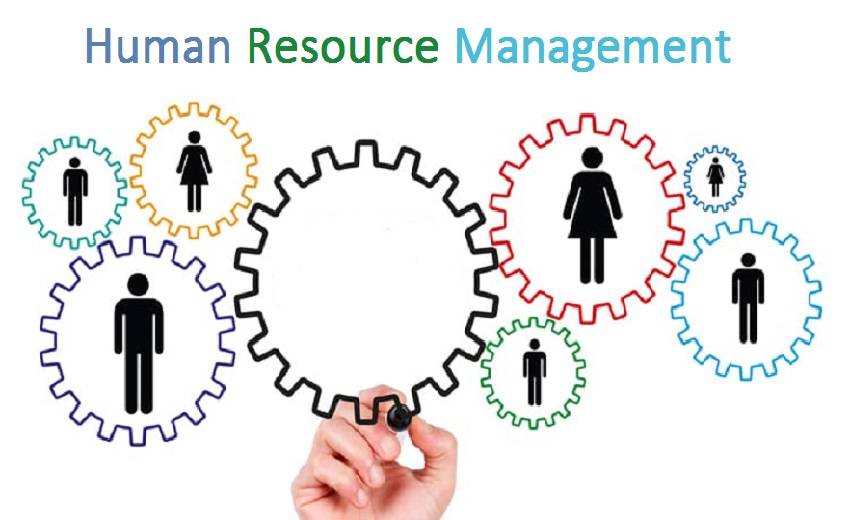

Company Growth Catalyst: How Does Human Resources Drive Development?

Human resources (HR) plays a crucial role in driving the development and growth of a company. By focusing on the recruitment, development, and retention of talented individuals, HR can create a strong foundation for organizational growth. In this answer, we will explore how HR drives development by discussing key areas such as talent acquisition, employee development, and performance management.
1. Talent Acquisition:
HR is responsible for attracting and hiring the right talent for the organization. By understanding the company's strategic goals and needs, HR can develop effective recruitment strategies to attract individuals who possess the skills and competencies required for growth. For example, HR may use various sourcing methods such as job boards, social media, and professional networks to identify potential candidates. Additionally, HR can work closely with hiring managers to ensure that the selection process focuses on identifying candidates who align with the company's culture and values.
A real-life example of HR driving development through talent acquisition is Google's "People Operations" department. They utilize data-driven approaches to identify and hire top talent, resulting in a workforce that drives the company's growth and innovation.
2. Employee Development:
HR plays a critical role in developing employees' skills and competencies to meet the evolving needs of the organization. This includes designing and implementing training and development programs, performance management systems, and career development initiatives. By investing in employee development, HR ensures that the workforce is equipped with the necessary skills to drive growth and adapt to changing market dynamics.
For instance, IBM has a robust HR development program called "IBMers University." It offers a wide range of training programs, mentoring opportunities, and leadership development initiatives to foster continuous learning and growth among its employees. This investment in employee development has contributed to IBM's ability to stay at the forefront of technological advancements and drive its growth.
3. Performance Management:
HR plays a crucial role in setting performance expectations, providing feedback, and evaluating employee performance. By implementing performance management systems, HR ensures that employees are aligned with the company's goals and objectives. Regular performance evaluations and feedback sessions help identify areas for improvement and provide opportunities for professional development.
An example of HR driving development through performance management is General Electric's (GE) performance review system. GE implemented a performance management system called "Session C" that focuses on continuous feedback and development conversations between managers and employees. This system has helped GE in identifying high-potential employees, providing targeted development opportunities, and driving growth within the organization.
In conclusion, HR drives development by focusing on talent acquisition, employee development, and performance management. By attracting and hiring the right talent, developing employees' skills, and aligning performance with company goals, HR creates a foundation for growth. Real-life examples such as Google, IBM, and GE demonstrate the impact of HR in driving development and contributing to the success of organizations.
Related Posts
© 2025 Invastor. All Rights Reserved

User Comments